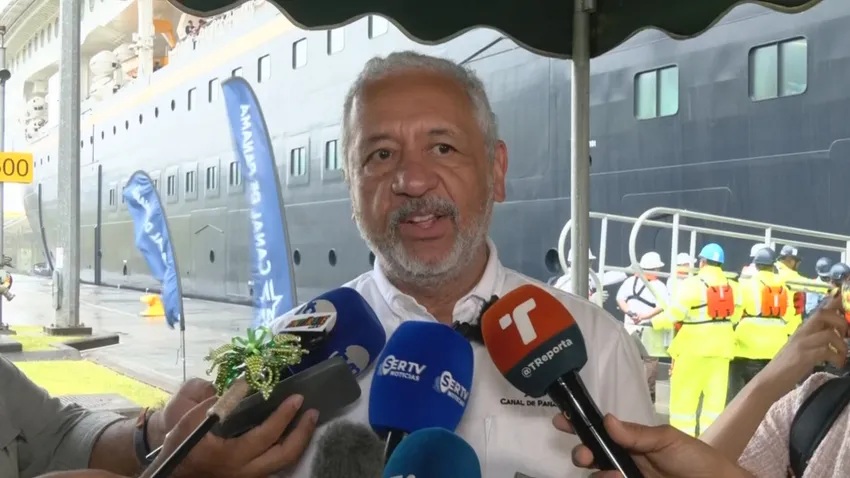Genius through the looking glass

WHO TO BLAME for the tax-change debacle that raised the ire of business leaders, expat residents and even some high level some government insiders, has become the question of the day for the ruling CD party.

Minister of Security and CD strongman José Raúl Mulino, publicly asked who had been the "genius" who introduced the tax reform.
By midday on Friday January 3 the search for the “genius” behind the passing of a new law that would tax businesses and individuals on income earned outside of the country, seemed to have pointed to deputy Sergio Gálvez, who prides himself on his role as president of the Assembly, and who introduced to his fellow deputies amendments to the Tax Code, even though the issue was not part of the official agenda, for the Executive and therefore violates the Constitution.
In the minutes of the meeting of December 27 Galvez – "and other honorable members" – proposed additions to the then 689- bill that ultimately became Act 120 of 2013 – to amend section 694 Tax Code and, thus, tax income produced abroad. With this action a tax rule that had been in place since 1904 was changed reports La Prensa
But the “genius” tag quickly involved others, right through to the presidential palace .The project was approved on second reading that day, and on third reading, the next day. On Monday December 30 it was signed by the president, Ricardo Martinelli, and promulgated in the Official Gazette.
The next day, on the eve of New Year, the storm broke with The National Bar Association announcing it would file a lawsuit challenging the constitutionality of Act 120. Martinelli said that everything was a “commotion” and that the issue would be clarified. But criticism came even from his own Cabinet.
Minister for Canal Affairs, Roberto Roy, called for early repeal of the rule and warned that this was never discussed in Cabinet and his colleague Molino, made his genius comment.
The initiating "genius" turned out to be Luis Cucalón, administrator of the National Revenue Authority (ANIP ) .
Cucalón , which is not part of the Cabinet, said in a message on Twitter that it was he who proposed to amended the Internal Revenue Code . "I was wrong” he said candidly.
"I have asked the Director of Revenue to be more cautious in the future," said Martinelli, with no reference to the flock of geniuses who had rubber stamped his amendments.
On Thursday, January 2 the Cabinet passed a resolution authorizing the Minister of Economy, Frank De Lima, to submit to the Assembly a draft law amending Article 120 and 694 restoring it to its original state retrospective to December 30, 2013.
So far neither Martinelli nor Gálvez, nor Cucalón have explained why it was decided to amend an existing system in place for 108 years, without consultation and without the participation of professional associations and civil society organizations.
Mulino described what happened as " nonsense and outrageous." Although Cucalón claims to be of the reform, Mulino insists he knows "whose idea it was, but it is nonsense to have done such a thing.
“… it would transform overnight, a service that has been our trademark for over 100 years," he said.
Galvez said the proposal emanated from Cucalón and he only channeled it. "He has no parliamentary initiative and we looked to us for us to sign the document and we signed it responsibly.”
He said that the Assembly approved all proposed amendments to the Executive Law 120. “Cucalón accepted it was a mistake and will correct it soon," he said





